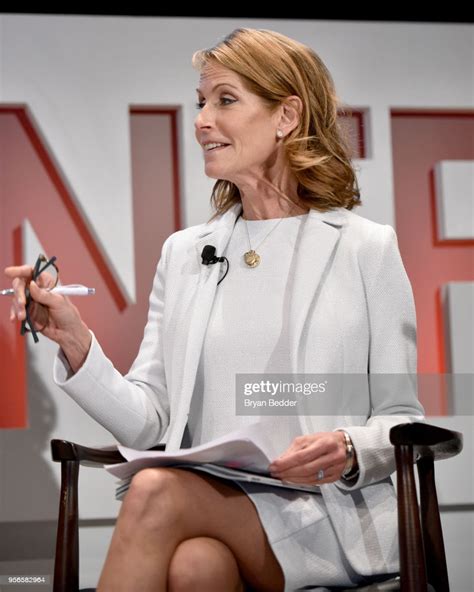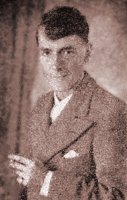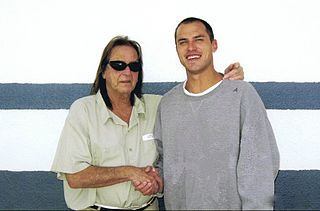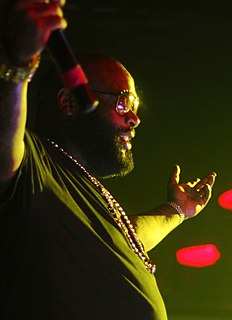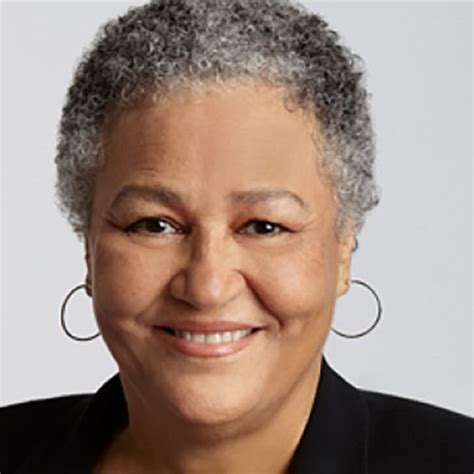A Quote by Mick Jagger
I wasn't understanding enough about drug addition. No one seemed to know much about drug addiction. Things like LSD were all new. No one knew the harm. People thought cocaine was good for you.
Related Quotes
It seemed that the problem of Americans overdosing and dying from drug addiction was being described as bad people, particularly kids, who were abusing good drugs. But Sheila Nevins, the president of HBO Documentary Films, and I were particularly interested in finding out the stories of people and families who had been ravaged by this disease of addiction and understanding what really was happening. What we found was that, and let's not make any mistake about it, this is an epidemic of addiction.
I think about my cocaine use. I liked it. I thought it was a great drug. But I knew that if I was doing that almost exclusively, I wouldn't be able to continue to also have significant others and a wide range of other things. And I wasn't special. A number of people, including the people I was doing cocaine with, also behaved the same way.
LSD was my "wonder child", we had a positive reaction from everywhere in the world. Around two thousand publications about it appeared in scientific journals and everything was fine. Then, at the beginning of the 1960s, here in the United States, LSD became a drug of abuse. In a short time, this wave of popular use swept the country and it became "drug number one". It was then used without caution and people were not prepared and informed about its deep effects. Instead of a "wonder child", LSD suddenly became my "problem child".
I thought cocaine was a fantastic drug. A wonder drug, like everybody else. It gave you [an] energy burst. You could stay awake for days on end, and it was just marvelous and I didn't think it was evil at all. I put it almost in the same category as marijuana, only hell of a lot better. It was a tremendous energy boost. It gave the feeling, a high, but nobody knew, well maybe a small percentage of people knew. But eventually everybody knew how evil it really was.
I hope 'Warning: This Drug May Kill You' documentary helps to show the humanity of the people who are struggling with the brain disease of addiction because that is what this is - this isn't about bad people, this is about good people who became addiction oftentimes in the process of being prescribed medication for pain.
Looking at the data and at my drug use and evaluating it carefully just let me see that I wasn't special, but my drug use challenged what I thought about cocaine. Because I would accept when I would say, "What happened to that person?" and someone would say, "They started using cocaine...they went downhill..." I would just accept that, even though I had a different experience and all these other people had a different experience. But I would throw that out because I thought my experience was an aberration.
[T]he truth is that drug addicts have a disease. It only takes a short time in the streets to realize that out-of-control addiction is a medical problem, not a form of recreational or criminal behavior. And the more society treats drug addiction as a crime, the more money drug dealers will make "relieving" the suffering of the addicts.
I played a major role in the spread of crack cocaine, the marketing of crack cocaine, the glamorization of crack cocaine. But it's hard to say that it was totally my fault. My judge in Cincinnati told me, "Mr. Ross, I know that the prosecutor and the media and the DEA all want to blame you for this problem, but I sentenced my first drug dealer the year you were born, so I know you're not the cause. This is a problem we've had since before you were born."
By characterizing the use of illegal drugs as quasi-legal, state-sanctioned, Saturday afternoon fun, legalizers destabilize the societal norm that drug use is dangerous. They undercut the goals of stopping the initiation of drug use to prevent addiction.... Children entering drug abuse treatment routinely report that they heard that 'pot is medicine' and, therefore, believed it to be good for them.


